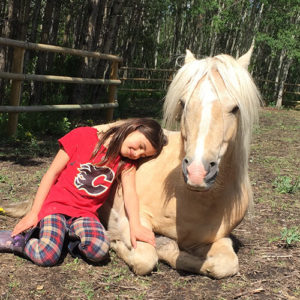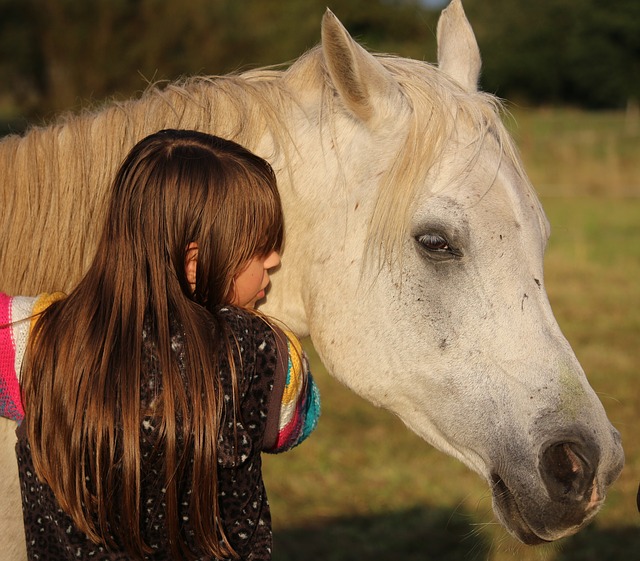If you’ve only been seeking happiness, you’re likely to end up miserable. I know it sounds counterintuitive, but hear me out…
We are all spiritual beings living an earthly experience. Most of us can relate more or less to this concept. Even though not everyone believes in an afterlife or multiple lifetimes, most would agree that no one escapes hardships in their life or challenges they must overcome, to find some sort of a sense of peace. We all experience pain to varying degrees as well. But what if that was the whole point?
If you take a good hard look at your life, putting extreme tragedies and unique situations aside, you will most likely see recurrent emotional themes showing up for you in various situations. These challenges that seem to always show up for us are believed to be put on our paths on purpose, to help us progressively learn new levels of mastery, so we can minimize long-term suffering. I am by no means saying this is easy. In fact, it can even be our personal hell, so to speak. But if we continue to perceive these lessons as simply unlucky roadblocks instead of set opportunities for growth, we might be missing the point.
What if we started seeing the value in ALL our life experiences, as opposed to only the ones that bring us joy? Joy is an emotion, and like all emotions, it is fleeting. Learning self-mastery, on the other hand, leads to a more sustainable state, better coping skills for navigating the ups and downs of life, and eventually, a more peaceful existence.
We are living in a time when the whole self-help and well-being movement is gaining popularity. Done well, it can really be beneficial in teaching people how to develop emotional agility, however, there is such a thing as toxic positivity.
Toxic positivity can be described as an imposed false sense of happiness, usually attained by mindlessly adopting a “good vibes” only approach to difficult situations, instead of addressing challenges properly. It can lead to bottling-up true feelings, somatizing emotions, passive-aggression, strained relationships, and so much more. It is quite shocking to see how many professional coaches and spiritual counsellors subscribe to this way of dealing with things. All it serves to do is to confuse us, leave us bitter, and most of all, on an obsessive search for the unattainable, forever-lasting, state of happiness. The result is actual misery.
I choose a different path. Despite it sounding less enticing, the moments of joy I do experience are quite euphoric, as they are authentic. Valuing ALL life experiences also seems to bring on an easier ability to be grateful for the little things, even in the midst of living difficult situations.
I happen to believe in reincarnation. I believe that we will enter our next lifetime with the same challenges if we fail to get a handle on the ones that are present for us in this lifetime. Um, no thank you! I will do my best to deal with things properly now. Part of the journey toward mastery is consciously looking at your “stuff”. I have a very specific way of doing that.
If you know me well, you probably guessed it has something to do with horses (and yoga of course). Spending time with horses allows me to listen to my higher self, which I achieve by co-regulating with the horse. It is THE most efficient way I have discovered to find that calm state of mind I so desperately need. By finding stillness, I can better process my difficulties, and allow the space and time to find healthy ways to cope.
I have also started teaching this to my children, now that they are entering their teenage years. When they come home from school with something troubling on their minds and in their hearts, I often will send them to the paddocks before engaging them in some problem-solving. That initial step of getting grounded with the horses really helps with clarity and shifting perception.
We are all different. We all have different beliefs. I would love to teach you and your child what I know if you are intrigued. At the very least, you will spend a lovely afternoon in the company of 4 gorgeous animals, and a quirky entertaining lady, and enjoy a cup of tea in the sunshine!
I’m only a phone call away! Let’s start living full-heartedly! It’s so rewarding xo





